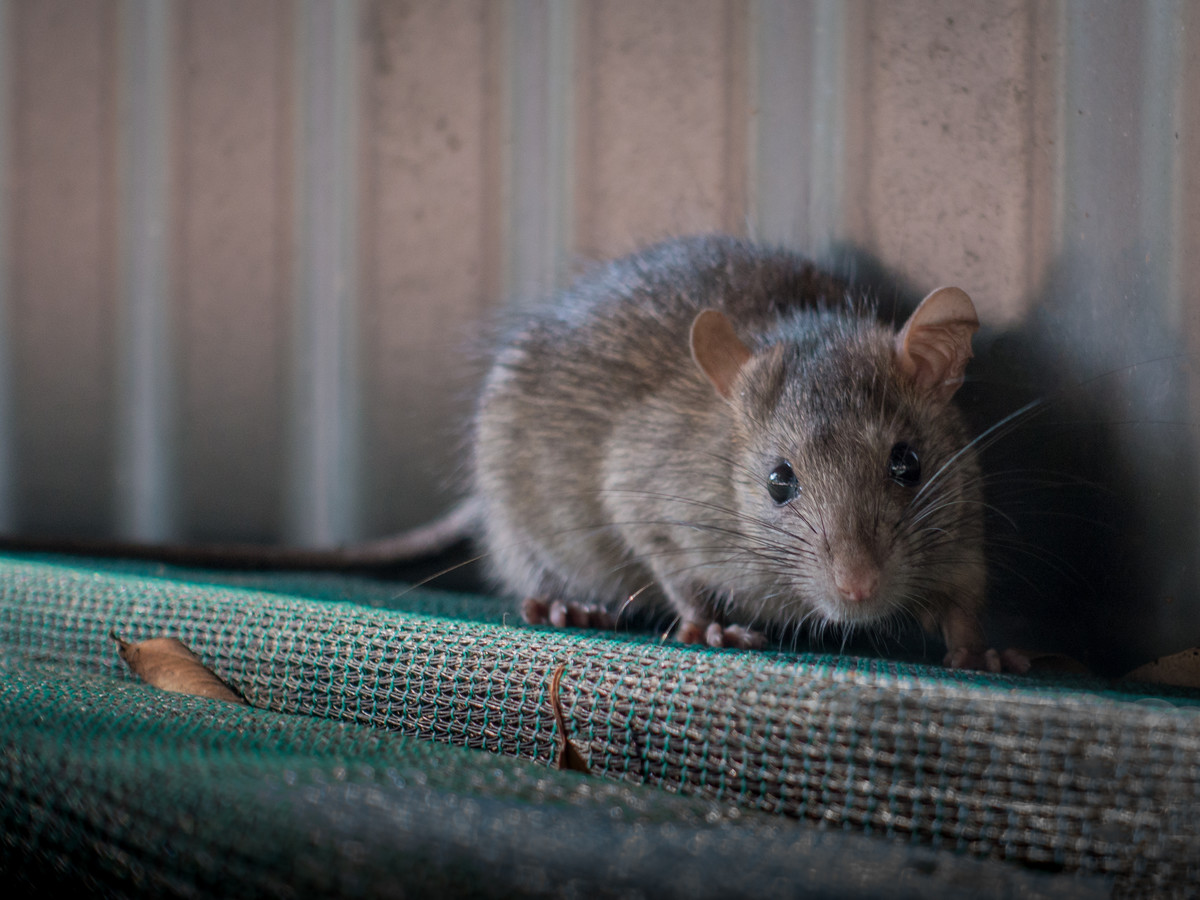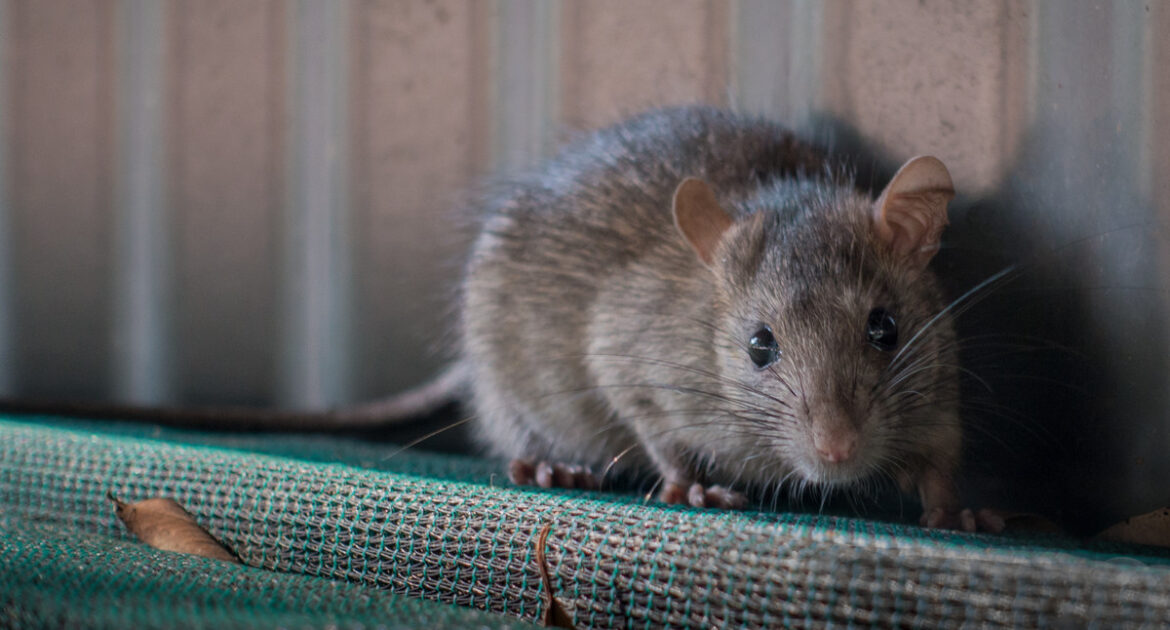Pets rats are intelligent and versatile; they love to snuggle and socialize with their humans. However, the characteristics of wild rats should not be mistaken for those of the more cuddly pet rats. Wild rats and pet rats are very different. Learn more about common rat behaviours and how to interpret the signals for best results. Find out who to contact for rodent removal and wildlife control in Newmarket if you suspect that more rats other than just your beloved pet may be living in your home.
Rat Nibbling
Nibbling is a common occurrence with pet rats. Nibbling, rather than biting, signals affection with the gentle motion of smelling and licking to determine what the rat needs to do in that situation.
For Love
If the rat determines that you do not smell ideal or have some debris on you, they may attempt to groom you. Nibbling is a natural part of the grooming process as they try to remove anything dirty.
For Food
If your pet rat smells the remnants of food on your fingers or person, they will try to share the bounty. Sometimes, your rat may get excited about the prospect of an additional tasty meal and nibble too hard, startling you. Keep in mind that pet rats are the least likely animals to bite their human housemates due to their intelligence. Be sure to wash before and after playing with your pet rat.
Wild Rats
The nibbling of wild rats is less like nibbling and more like biting. The difference is that wild rats do not have the food security that your pet rat does. Your pet rat is adjusted around a food routine —nibbling for a pet rat is a sign of affection or mild excitement, and a wild rat is looking for a larger meal.
Rat Vocalizing
For your pet rat, vocalizing isn’t an indicator of happiness. If you happen to hear your pet calling from its cage, check in on your rat to ensure everything is okay.
In Protest
Pet rats, just like other pets, will whine and throw a fit if things aren’t just so. Rats will let you know when they are not happy with their surroundings or the situation. You may hear chittering, peeps, squeaks, and chirps coming from your pet’s cage if they need something.
In Pain
Loud and high-pitched squealing that is prolonged or repeated is a sign to check on the well-being of your pet quickly. Take your pet rat out of the cage and do a quick scan of its body. If everything seems okay, secure your pet elsewhere as you investigate the cage. If your search turns up nothing out of the ordinary, but your pet continues to shriek, consult your veterinarian as soon as possible.
Wild Rats
Wild rats share similarities with pet rats in vocalizations, and wild rats use a series of chirps and squeaks for mating. If you hear chirping from strange places within your home or surrounding areas, you may have rats attempting to mate or nest nearby.
Rat Whisking
Rats are not blind but rely on their whiskers to map areas and spatially orient themselves to navigate successfully without hitting objects. Pet rats may wiggle their whiskers at you to ensure that you are who they think you are. Many people enjoy this behavior of pet rats especially.
Wild Rats
Just like pet rats, wild rats use their whiskers to move through areas without hitting objects. They can quickly locate entrances and exits and quick places to hide. Wiggling whiskers combined with high intelligence help wild rats identify and avoid death traps set by humans.
Never touch wildlife or try to handle the removal process on your own due to potential dangers. Contact the professionals at Skedaddle Humane Wildlife Control for rodent removal and wildlife control in Newmarket.




